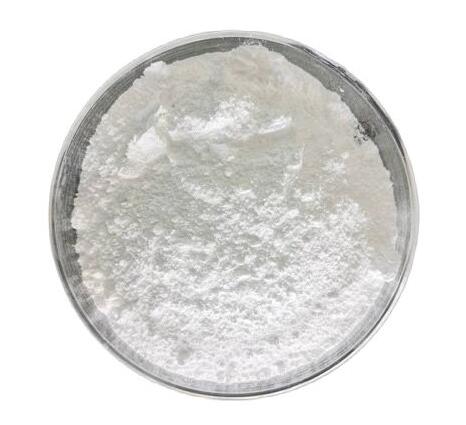Zinc Carbonate: A Versatile Compound with Numerous Applications
Zinc carbonate is a white, odorless, and insoluble powder that has been known to humans for centuries. It is commonly used in the production of rubber, ceramics, and glass. Zinc carbonate is also used in medicine, as it has antiseptic and antibacterial properties. In this article, we will explore the properties and uses of this versatile compound.
Properties of Zinc Carbonate
Zinc carbonate has a chemical formula of ZnCO3, and it is a basic carbonate. It is formed by the reaction of zinc salts with alkali carbonates or bicarbonates. Zinc carbonate is a soft, dense powder with a specific gravity of 4.42 g/cm3. It has a melting point of 2500C and is insoluble in water. However, it dissolves in acids, releasing carbon dioxide.
Zinc carbonate has a high surface area-to-volume ratio, making it an excellent adsorbent. It also has a high refractive index, making it useful in the production of optical lenses. Zinc carbonate has a low toxicity and is considered safe for use in food and medicine.
Uses of Zinc Carbonate
Zinc carbonate has a wide range of applications in various industries. Some of the major uses of zinc carbonate are:
Rubber industry: Zinc carbonate is used as a filler and activator in the production of rubber. It improves the strength, durability, and elasticity of rubber products. It also helps in reducing the cost of production by replacing expensive materials.
Ceramics industry: Zinc carbonate is used as a flux in the production of ceramics. It lowers the melting point of the ceramic materials, allowing them to be molded into different shapes. Zinc carbonate is also used as a pigment in ceramic glazes, giving them a white color.
Glass industry: Zinc carbonate is used as a flux in the production of glass. It reduces the melting temperature of glass and improves its clarity. Zinc carbonate is also used as a fining agent, removing impurities from the glass.
Medicine: Zinc carbonate is used in medicine as an antiseptic and antibacterial agent. It is used to treat skin infections, dandruff, and other scalp conditions. Zinc carbonate is also used as a dietary supplement, as it is an essential micronutrient for the human body.
Agriculture: Zinc carbonate is used as a fertilizer in agriculture. It is added to the soil to increase the zinc content, which is essential for the growth and development of plants.
Paint industry: Zinc carbonate is used as a pigment in the production of paint. It provides a white color to the paint and improves its opacity and brightness.
Other applications: Zinc carbonate is also used in the production of adhesives, batteries, and plastics.
Conclusion
Zinc carbonate is a versatile compound with numerous applications in various industries. It is used as a filler, activator, flux, pigment, and adsorbent in different manufacturing processes. Zinc carbonate is also used in medicine, agriculture, and other fields. Its unique properties, such as high surface area-to-volume ratio and low toxicity, make it an ideal material for many applications. With its wide range of uses, zinc carbonate is an important compound for modern industries.

评论
发表评论